Following The Film Stage’s collective top 50 films of 2024, as part of our year-end coverage, our contributors are sharing their personal top 10 lists.
2024 was my year of big, blustering cinema. The kind of movie that makes you realize what a movie is fundamentally supposed to be: Loud, epic, enveloping. You know, BIG. The majority of films I responded to most this year were craft masterworks, from the sound design genius of films like The Brutalist, Dune: Part Two, and Civil War to the immersive photography and editing of others like Furiosa, Wicked, and The Substance. Even the “smaller” and quieter of this year’s crop, such as Memoir of a Snail and Janet Planet, reverberated in their background details. (Heck, many of my favorite TV series of the year––House of the Dragon, Shogun, and My Brilliant Friend––also reflected my desire for grandiloquence on screen.)
How lucky it is to say to yourself not once but multiple times a year at the theater, “Now this is Cinema!”
Without further ado, the best movies I watched in 2024.
Honorable Mentions: Femme, I’m Still Here, A Real Pain, Last Summer, Anora
Best older films I watched in 2024: Lawrence of Arabia (1962), Stella Dallas (1937), Bob & Carol & Ted & Alice (1969), Truth and Justice (2019), The Battle of Algiers (1966), Household Saints (1993), The Best Intentions (1992), Paris, Texas (1984), BPM (Beats Per Minute) (2017), The Lair of the White Worm (1988)
10. The Bikeriders (Jeff Nichols)
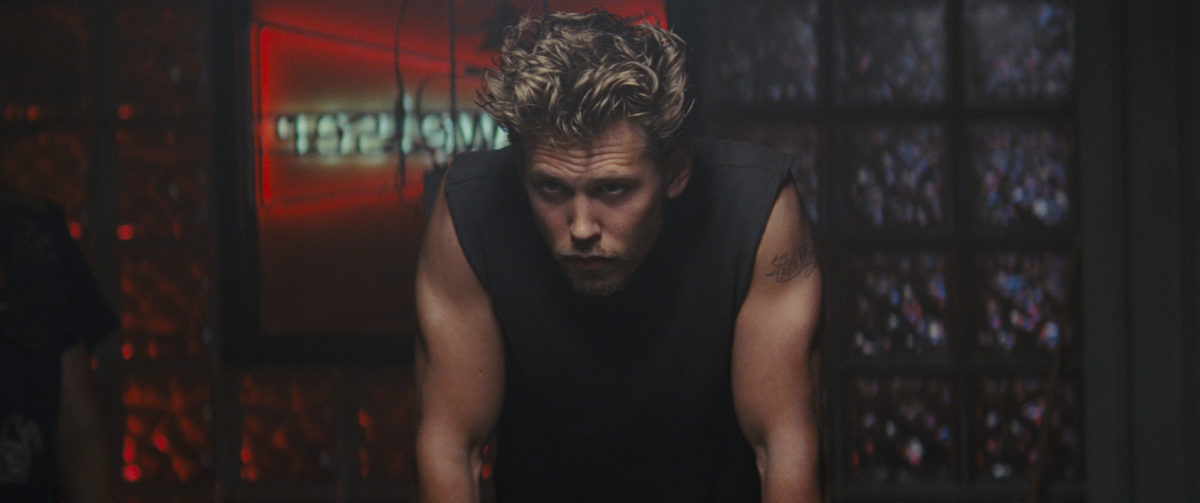
Audiences rarely get to see movies showcasing the counterculture of the 1960s that aren’t about hippies. As it turns out, leather-clad motorcyclists are just as fascinating as long-haired flower children. Jeff Nichols’ The Bikeriders, based on the true story of how a midcentury Chicago motorcycle club devolved into a violent biker gang, is a satisfying meat-and-potatoes historical crime drama with just a hint of Scorpio Rising-style queer subtext (mostly thanks to Tom Hardy’s Marlon Brando-y bisexual energy). Hardy and Jodie Comer play blue collar Illinoisians battling for the fate of Austin Butler’s volatile self-saboteur, a man who is both the loyal day one of Hardy’s biker chieftain and the impassioned husband of Comer’s exasperated ol’ lady. Hardy and Comer are awards-worthy (the latter’s accent work is particularly stunning), but the film is fundamentally held up by its sundry ensemble, including Norman Reedus as a California-flavored weirdo who portends the rise of drugs and dirtbags among their set.
9. Babygirl (Halina Reijn)

2024 was rife with dark and suspenseful erotic thrillers about damaged people slowly self-destructing via their choice of sexual partners — British gay bashing revenge flick Femme and French incest melodrama Last Summer among the best of these films. But vibrant Babygirl isn’t one of them, chiefly because married CEO/sexual submissive Romy (Nicole Kidman, doing her strongest work in years) ultimately blossoms, not withers, from her decision to sleep with a aggressive company intern (Harris Dickinson). Reijn takes Babygirl to some unexpectedly endearing places while keeping the sex between Kidman and Dickinson hot, fierce, and vulnerable. Shot by Jasper Wolf (who also worked on Reijn’s fun Gen Z slasher flick Bodies Bodies Bodies), Babygirl’s cinematography is also far brighter and more colorful than it has any right to be, lending to the movie’s rare effervescence for the genre. If only The Substance’s Elizabeth Sparkle (Demi Moore) took a younger lover instead of a mysterious injection.
8. Janet Planet (Annie Baker)
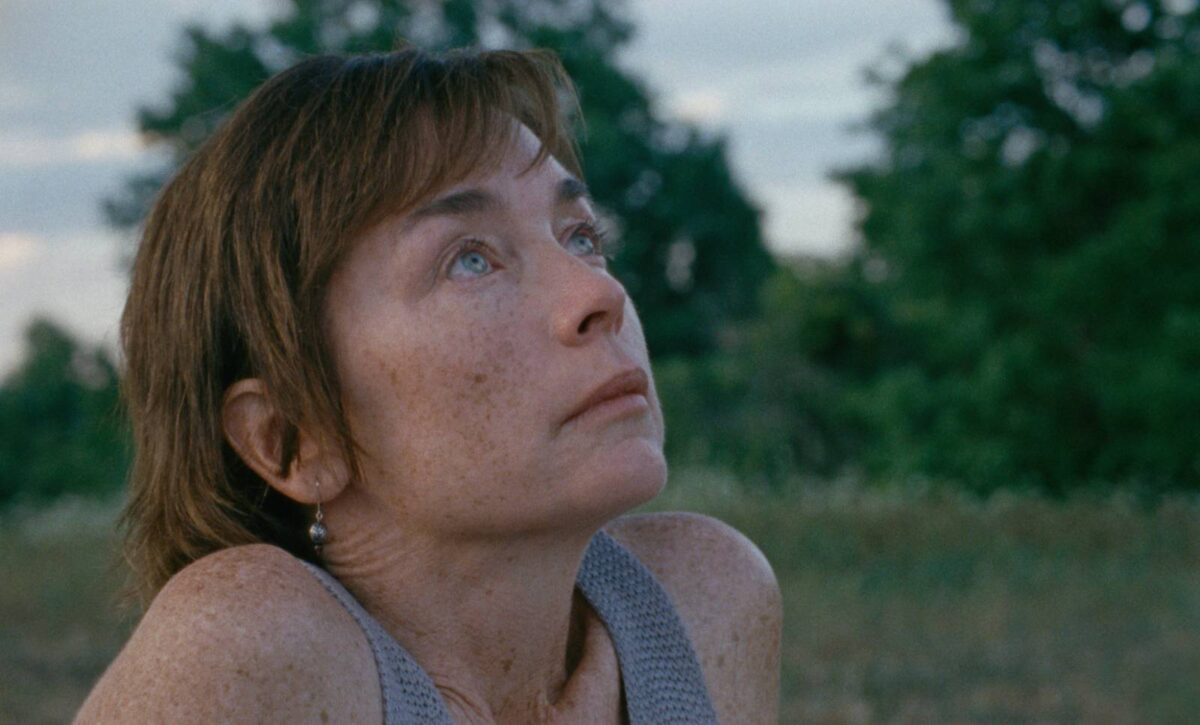
Annie Baker’s quiet dramedy Janet Planet is not your typical “summer girl” coming-of-age movie — it’s perhaps the complete inverse of summer girl classic My Girl, actually. Or maybe it’s My Girl by way of slow cinema and Agnes Varda vibes. Lacy (Zoe Ziegler) is a lonely, morose kid living in early 1990s rural Western Massachusetts, a sort of spiritual Land of the Lost. Instead of having one close friend, a dead mom, and a WFH mortician dad who’s never dated (like My Girl’s Vada Sultenfuss), she has zero friends, no dad, and a WFH acupuncturist mom (Julianne Nicholson) who’s also a serial monogamist and a perpetual seeker. In fact, you might say Lacy has too much mom––she’s got an only child clinginess that pops up in amusing and even disturbing ways. Relish in the refreshing details: None of Lacy’s problems are really solved by the start of sixth grade, nor do any of them involve the onset of puberty.
7. Memoir of a Snail (Adam Elliot)
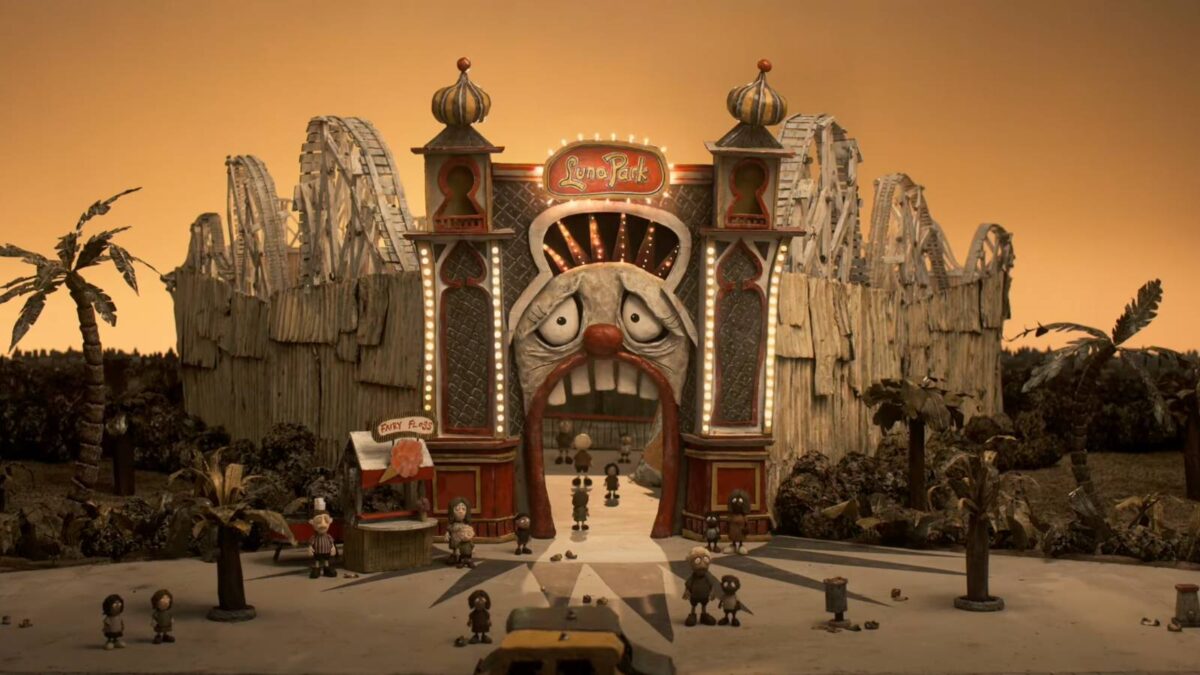
A lonely young woman born with a cleft palate navigates bullying, being orphaned, finding and losing love, hoarding, and regaining hope. Not your typical subject matter for a stop-motion animation. If Memoir of a Snail sounds bleak—it is! But it’s also darkly funny with a beautiful soul. Sarah Snook voices Grace, a young Australian girl who loses her family at a young age and must endure tragedy after tragedy, each a little quirkier than the last. She copes by enveloping herself in her dead mother’s favorite pastime, the care and keeping of snails, which culminates in an obsessive addiction to snail-shaped memorabilia. Director Adam Elliot (Harvie Krumpet, Mary and Max) utilized no digital animation techniques while shooting, instead relying solely on clay and other practical materials that breath life into the film’s stunningly intricate mise en scène. Memoir of a Snail is perhaps the apotheosis of tragicomedy (complimentary).
6. Sabbath Queen (Sandi DuBowski)
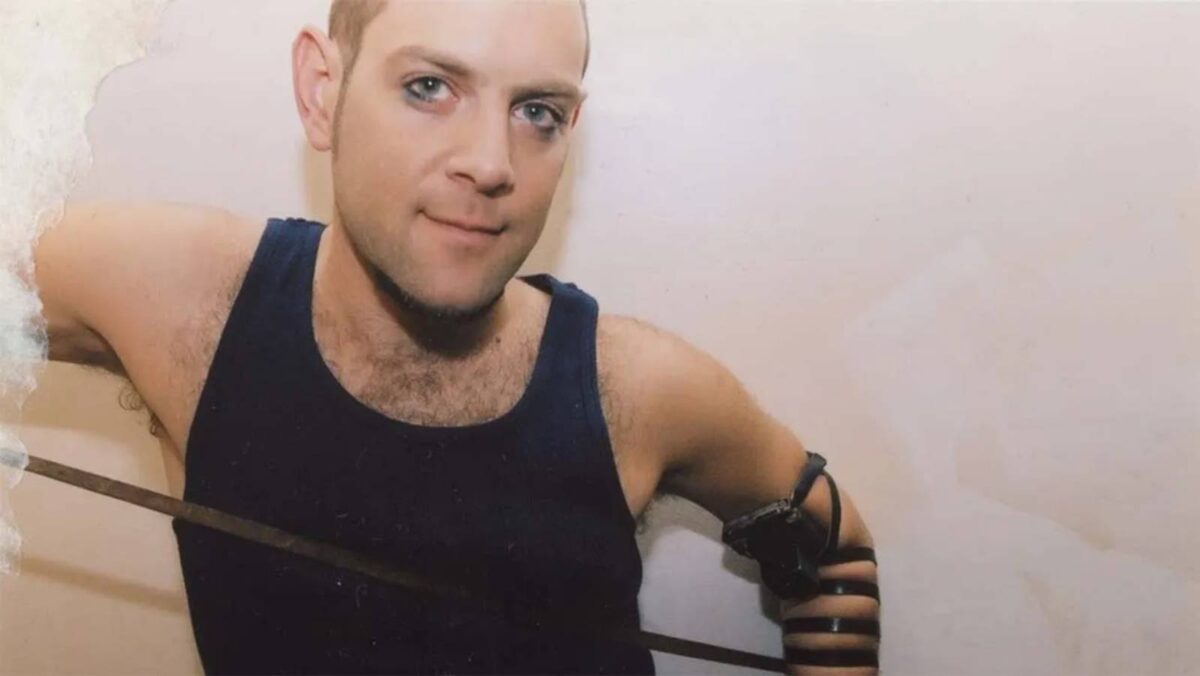
What defines an effective worship leader? Is it the doctrinal knowledge earned from painstaking hours of study… or just personal charisma? Sandi DuBowski (Trembling Before G-d) investigates this quandary, alongside the ultimate question of what it means to be a Jew, in his enthralling documentary Sabbath Queen. DuBowski chronicles the controversial life of Amichai Lau-Lavie, a drag queen and LGBTQ activist in the New York Jewish community who decides to become a denominationally conservative rabbi later in life. (Wildy, Lau-Lavie comes from more than 40 generations of rabbis.) Combining dynamic vérité recordings, archival footage, and talking head interviews, Sabbath Queen is a thorny tale of a polarizing figure who often alienates the people closest to him. This includes his Holocaust survivor father, an Israeli politician whose own harrowing story eventually becomes the beating heart of a film that works to reconcile the traumatic past with the hopeful present.
5. The Wild Robot (Chris Sanders)
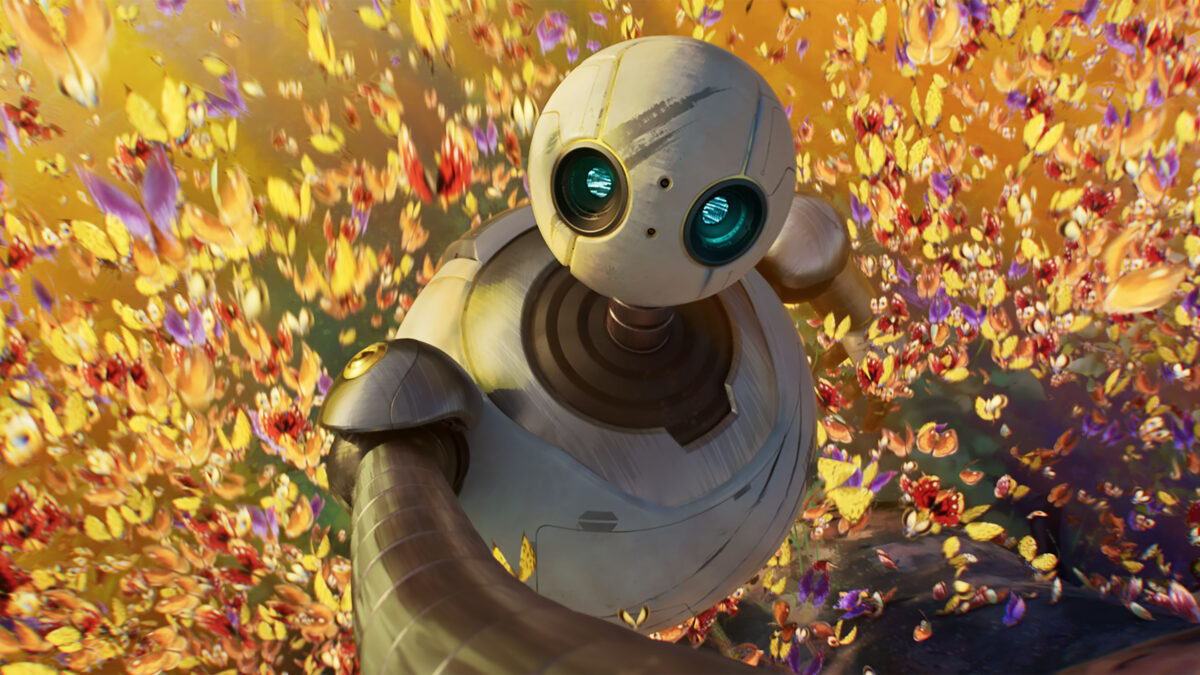
For a warmhearted computer-animated family movie about the complexities of adoption (in this case, a pragmatic droid who parents an orphaned gosling), The Wild Robot sure does feature a lot of gallows humor. A bird’s head accidentally dispatches from its body. A family of geese are swiftly plucked from this mortal coil. A possum mother counts her children, hears a distant squeal, and subtracts one. Alongside the film’s painterly design and verdant future Pacific Northwest setting, these morbid jokes elevate what could have been a mere water works-inducing Pixar copycat. Adapted from Peter Brown’s novel of the same name, the film follows Roz (Lupita Nyong’o, fantastic), a domestic agent robot who is part of a lost shipment that washes along the shore of forest island. Programmed to assist at all costs, her eager nature and clunky framework frighten the local animals, leaving her shunned… until she inadvertently annihilates the entire family of a little hatchling who imprints on her. Cue the goose-out-of-water laughs and tears.
4. Civil War (Alex Garland)
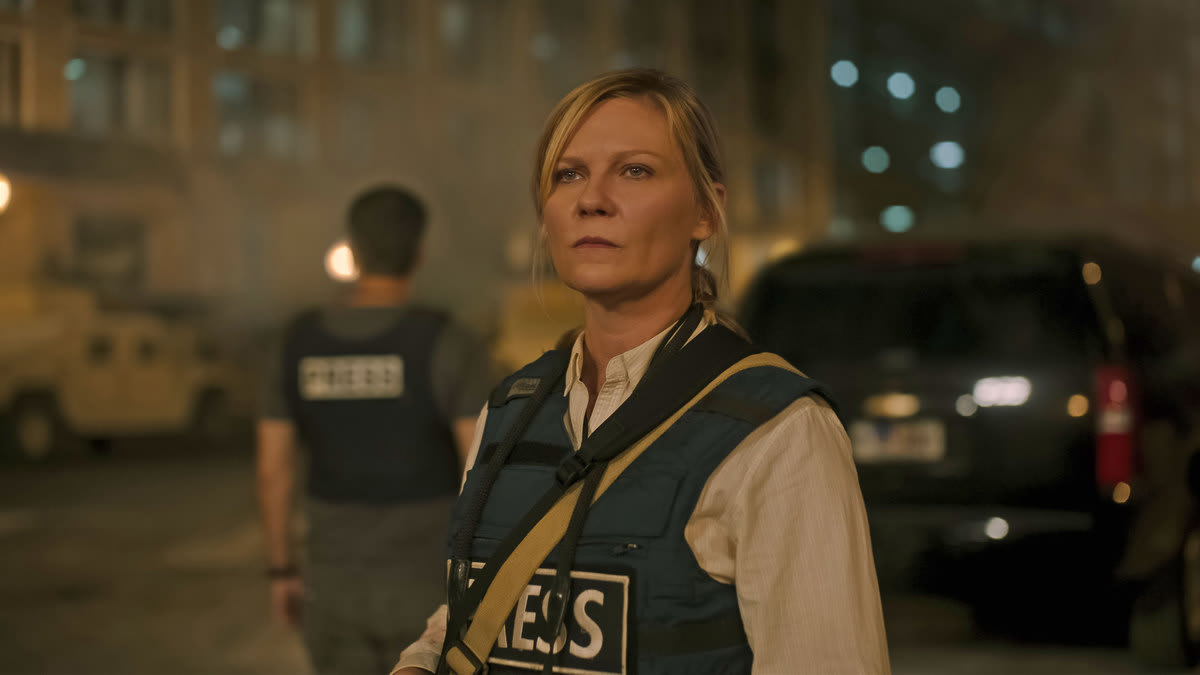
Civil War is not about what you think. Alex Garland’s speculative actioner doesn’t really concern itself with U.S. politics or ideological morality, refusing to cash in on the rhetoric of the current zeitgeist. Instead, it questions whether anyone, even hardened journalists, can truly be impartial observers of destruction. The film follows a group of war reporters and photographers (including Kirsten Dunst and Cailee Spaeny) on a jittery road trip across the Northeast Corridor to document the fall of a despotic U.S. President. The film is neither sanctimonious nor pure terror porn. But it is epic, particularly in the craft of its jarring sound and production design and the stomach-clenching realism of its special effects. Watch out for Jesse Plemons in a brief, haunting turn.
3. Dune: Part Two (Denis Villeneuve)
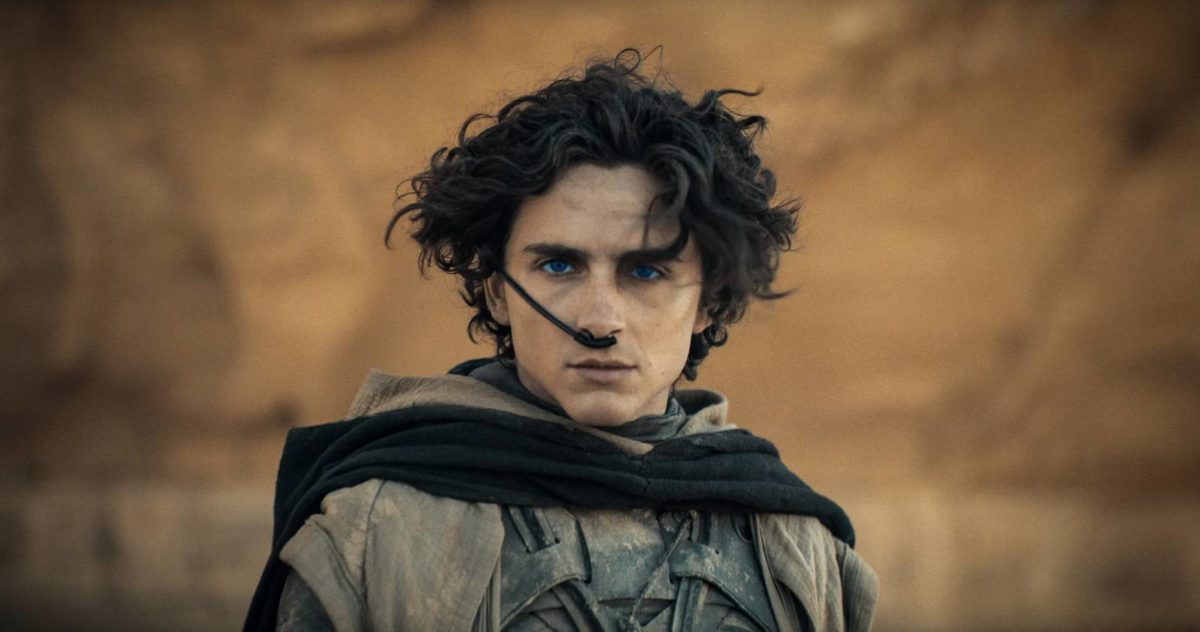
Denis Villeneuve’s first Dune film, though virtuosic in its own right, ultimately suffers from bloated exposition that leaves viewers confused by its sudden and incomplete ending. Wondrously, sci-fi space opera Dune: Part Two takes everything that is larger-than-life about its predecessor — its red desert palette, its eardrum-piercing sound and score, its techno-sleek production design — and amplifies it. We’re introduced to the stark black-and-white world of the bloodthirsty Harkonnen antagonists and the chilling Petra-like mountain abode where the fundamentalist Fremen nomads are so keen to believe fallen noble Paul Atreides (Timothée Chalamet) is their messiah. But the film isn’t only its craft. We watch in growing dread as Paul learns Fremen culture and reluctantly assumes the deific role his mother, Lady Jessica (Rebecca Ferguson) and her mysterious sisterly order set up for him over centuries. Like clockwork, absolute power corrupts absolutely.
2. Hard Truths (Mike Leigh)
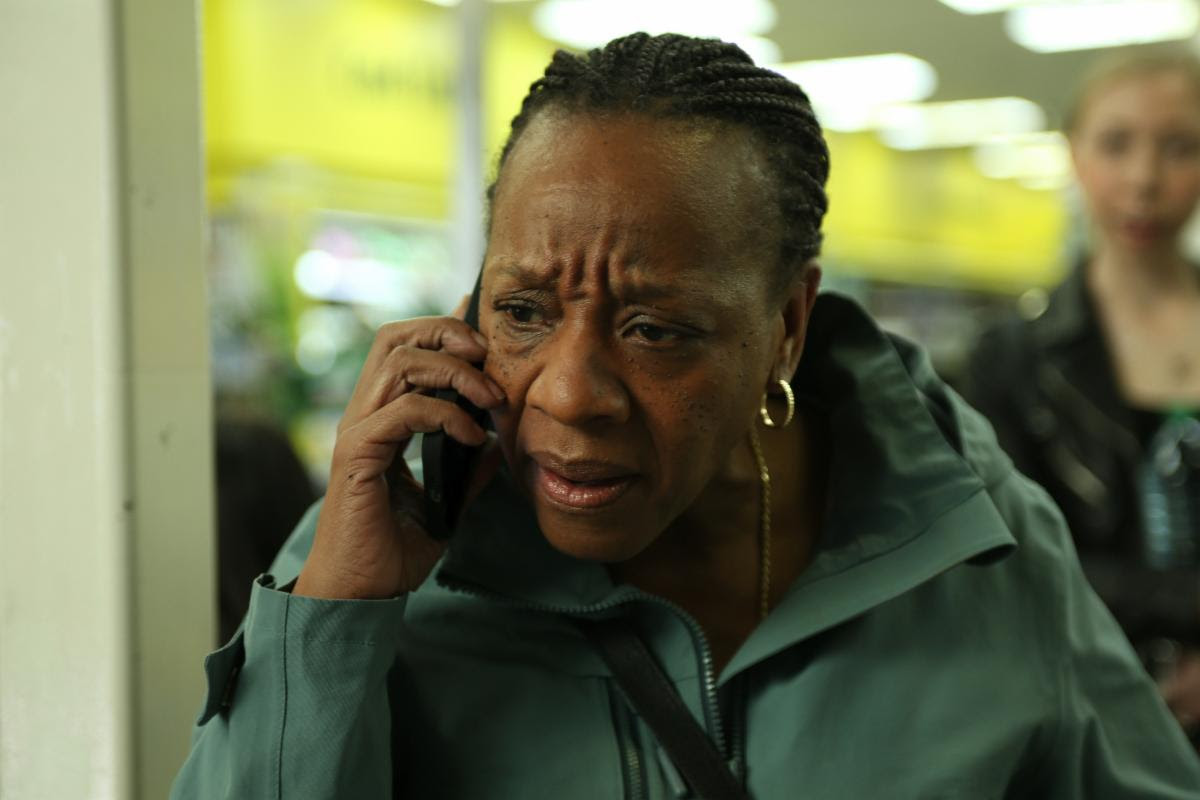
There is no modern director who understands the depths of joy and despair like Mike Leigh. The 81-year-old British maestro (Topsy-Turvy, Another Year) does it again with Hard Truths, reuniting with Marianne Jean-Baptiste nearly thirty years after Secrets & Lies netted Oscar nominations for them both. Here, Jean-Baptiste (one of 2024’s best lead performances) plays Pansy, a real nasty piece of work and misanthrope so intensely confrontational that she reigns terror on every interaction with family and strangers alike. You laugh at the absurdity until you realize her acid is corroding all her relationships and rooted in some serious psychological pain. The magic of Leigh, of course, is that it’s not only Jean-Baptiste who shines. Her power is buoyed by Tuwaine Barrett (as Pansy’s endearing but depressed son Moses), David Webber (as her terse husband Curtley), and Michele Austin (as her sunny sister). It’s worth a quiet cry.
1. The Brutalist (Brady Corbet)
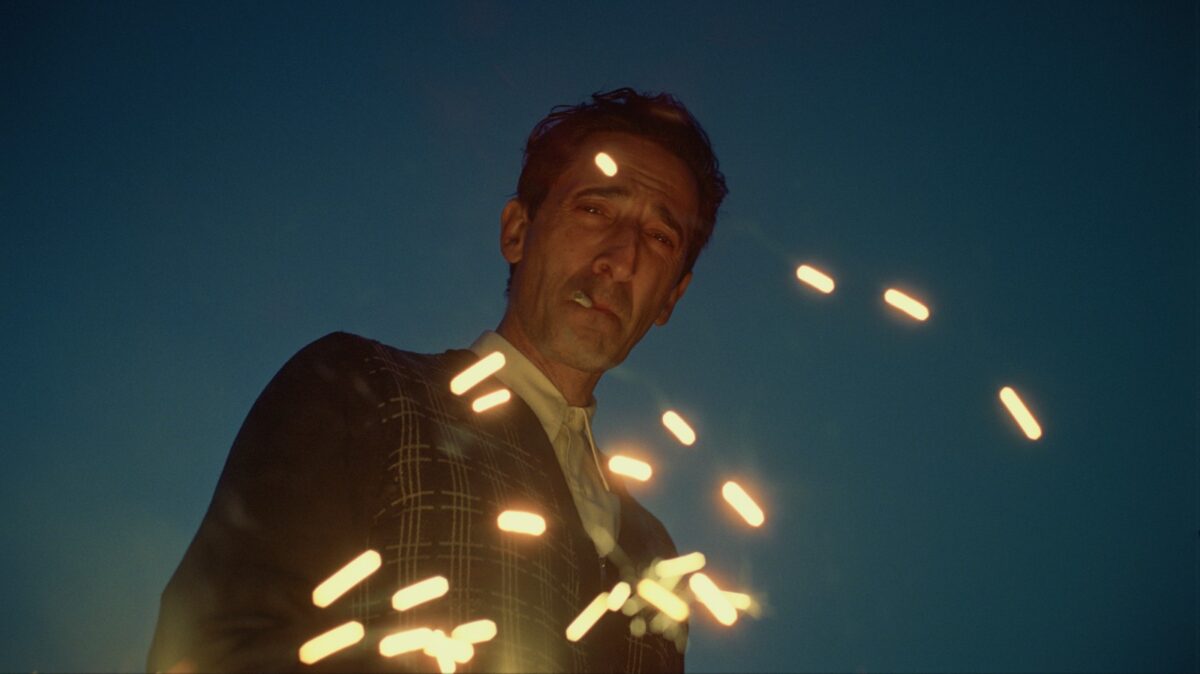
The Brutalist is not an easy watch, but it is an astonishing one. Brady Corbet’s epic historical drama, so long it includes an old-school intermission, chronicles the life of Hungarian Jewish architect László Tóth (Adrien Brody) as he enters the U.S. following the Holocaust. Facing antisemitism and anti-immigrant sentiment, even from his own Americanized family, he endures years of hardship until a wealthy patron falls (Guy Pearce) from the sky and changes his fortune. But everything Pearce’s Harrison Lee Van Buren touches turns to fool’s gold. László races the clock (and skeptical developers) to finish the building Van Buren has commissioned from him, not anticipating all that he will have to sacrifice for his art. Brody and Pearce have never been better, but Felicity Jones, playing László’s indomitable wife in its second half, nearly steals the film, rendering what could have easily been a soppy role into a force of nature. The Brutalist is dark. It’s discordant. There are no sweeping violins. Yet, despite a budget of under $10 million, it is just as grand and ambitious as any classic period drama thanks to Lol Crawley’s cinematography, Daniel Blumberg’s score, and Judy Becker production design. It will go down as a masterpiece.
